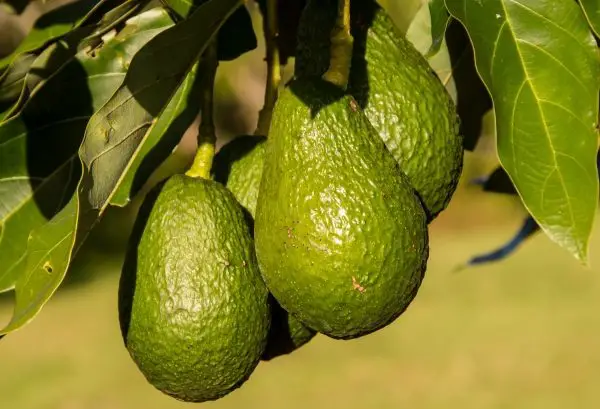After almost 4 years of conflict, the Government of Costa Rica reached an agreement with the new Mexican authorities on the conflict that prevented the entry of Mexican Hass avocado into the country.
The agreement of a technical nature was made since December last year, according to the authorities of the State Phytosanitary Service (SFE) and the Ministry of Agriculture and Livestock (MAG), but it was communicated until Tuesday, February 12th.
The technical agreement includes the participation of representatives of the Senasica in the sampling, which will be validated by both countries having as observers IICA and OIRSA. At the end of the process and maintaining the status of “Absent” of the disease, the phytosanitary measures of Costa Rica would prevail and Mexico could reactivate trade.
Otherwise, Costa Rica would accept the Mexican avocado as long as it has a phytosanitary certificate indicating that it is a symptom-free shipment, according to Fernando Araya, director of the SFE.
In June 2015, Costa Rica imported Mexican avocados for the last time. In the months prior to the closure, the country received more than 1,000 tons of avocado per month from Mexico, according to Procomer data.
Afterward, Costa Rica placed a restriction as an “Emergency Measure” for the countries with the presence of the Sunclock Viroid Sunclop, or Sol’s stain, which closed the border to Mexican fruit. In addition, the authorities banned the entry of avocados from Australia, Spain, Ghana, Guatemala, Israel, South Africa, Venezuela, the state of Florida in the United States, and any other country in which Sunblotch existed.

On December 17th, 2019, the Minister of Agriculture Renato Alvarado met with Francisco Javier Trujillo, current Director of the National Service of Health, Safety and Quality Agroalimentaria (Senasica) of Mexico. Then they signed a compromise plan between the countries.
Following the agreement, Costa Rica invited the Mexican phytosanitary authorities to participate in the 2019 Prospection on avocado crops in Costa Rica. The start of this activity was projected for January 19th, 2019. However, it was postponed to address commercial issues.
The Costa Rican Phytosanitary System is scheduled to begin the verification of the phytosanitary status in avocado at the national level the last week of February. The presence -again- of Mexican avocado in national soil would come to fill part of the high national demand for fruit, which in recent years resulted in high prices.
The current production of Costa Rican avocado, between Hass and other varieties, was around 35% of the national supply in 2018, according to estimates of the Ministry of Agriculture and Livestock (MAG). The other 65% is supplied by imported avocado.
The avocados imported in 2017, mainly Hass type, represent a value of US$ 16.9 million. These imports correspond to 45% of Chile, 33% of Peru and 18% Nicaragua, mainly, according to MAG figures.
However, they are numbers that must remain. The reduction in imports due to the departure of Mexico from the supply affected the local market. On average, between 2010 and 2014, 9,616 tons of Mexican avocados per year entered the country, and peaks of more than 11,000 tons were recorded in some periods. The total imported for 2017, among all countries of origin, was 7,738 metric tons.
Video link: https://www.linkedin.com/feed/update/urn:li:ugcPost:6502058479841267712
![]()

